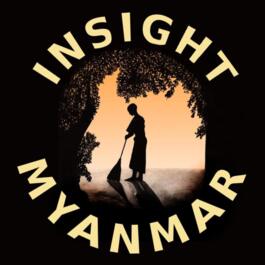
Episode #370: "Why are [Asian women] not allowed to dream that we can open our own thing and lead our own work?" This question by human rights lawyer Emilie Palamy Pradichit slices through the silence, exposing the systemic barriers that have historically muted and marginalized Asian women in leadership. Pradichit’s journey as a young Lao refugee navigating discrimination in a low-income Parisian suburb crowded with migrants cemented this perspective. In Paris, she witnessed firsthand the insidious nature of inequality. These early encounters ignited a vision within her to dismantle entrenched norms - by centering the voices of underrepresented communities. Her passion to challenge injustice took her through studying human rights law at Sorbonne University and roles at the United Nations and UPR-Asia. However, her experience revealed the limitations of top-down approaches in achieving genuine grassroots change. “I was learning a lot, but I was surrounded by people with privilege. I was sitting at headquarters, and I didn’t know what it was like on the ground!” This realization sparked the creation of Manushya Foundation, envisioned as a distinctly feminist, intersectional, and decolonial human rights organization dedicated to amplifying the agency of marginalized communities in Asia. Pradichit’s work challenges what she terms “white feminism” and the imposition of external agendas. Her approach in the Myanmar context prioritizes the voices of ethnic minority women. As she puts it, “How can you be a human rights activist and exclude Rohingya people?” Pradichit’s sentiments reflect the important role of a decolonial lens in her work. “In the global majority work, it’s very important for the people from lived experience to be the ones leading the human rights work.” She believes this isn't just a strategy; it's reclaiming the power of lived truth leading the way towards real justice.
From "Insight Myanmar"


Comments
Add comment Feedback